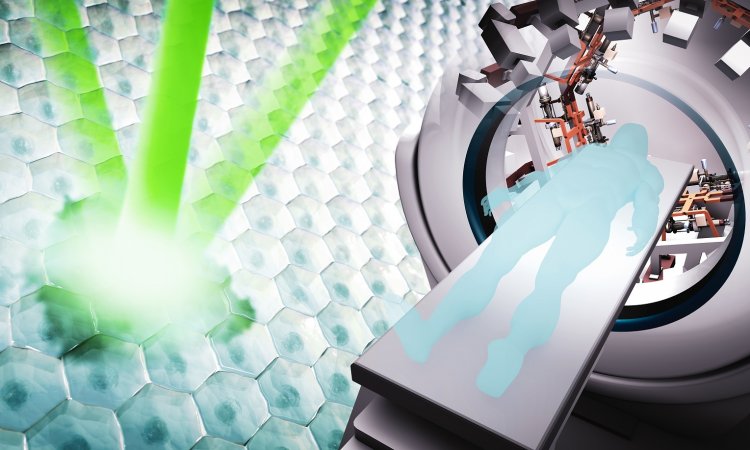News • Dose management
Enhancing radiation protection

A new project funded by the European Commission calls together medical and radiation scientists, physicists and clinicians to enhance the radiation protection of patients and medical professionals. The four-year MEDIRAD project, which kicked off in June 2017, is led by the European Institute for Biomedical Imaging Research and comprises a consortium of 33 partners from 14 European countries. ‘The strength of MEDIRAD is the unique multidisciplinary approach involving research groups focusing on radiology, nuclear medicine, radiotherapy, dosimetry, epidemiology, biology, bioinformatics, modelling, radiation protection and public health’, says Prof. Elisabeth Cardis from ISGlobal (ES) and Scientific Coordinator of the project.
Reducing exposure doses
The use of ionising radiation in medicine has been steadily increasing, and this trend is set to continue, with obvious health benefits for the population thanks to improved diagnostic and therapy technologies. However, this increase in radiation exposure levels also raises a number of safety concerns: the potential health effects among patients and medical workers need to be evaluated, dose evaluation tools for clinical practice need to be developed, and practices need to be optimised in order to reduce exposure doses and ensure adequate radiation protection. MEDIRAD’s overall goal is to address these needs by enhancing the scientific bases and practice of radiation protection in medicine. To achieve this, MEDIRAD has three major operational objectives:
• to improve organ dose estimation and registration
• to evaluate and understand the mechanisms of the effects of medical exposures, focusing on two outcomes of public health relevance, namely cardiovascular effects of radiotherapy in breast cancer treatment and cancer risks following CT scanning in children and adolescents
• to develop science-based consensus policy recommendations for the effective protection of patients, workers and the general public
‘This project will clearly contribute to more accurate risk estimations for radiation-induced cardiovascular events and thus support primary and secondary prevention’, says Prof. Guy Frija from the University Paris Descartes (FR) and Clinical Coordinator of the project.
19.10.2017











